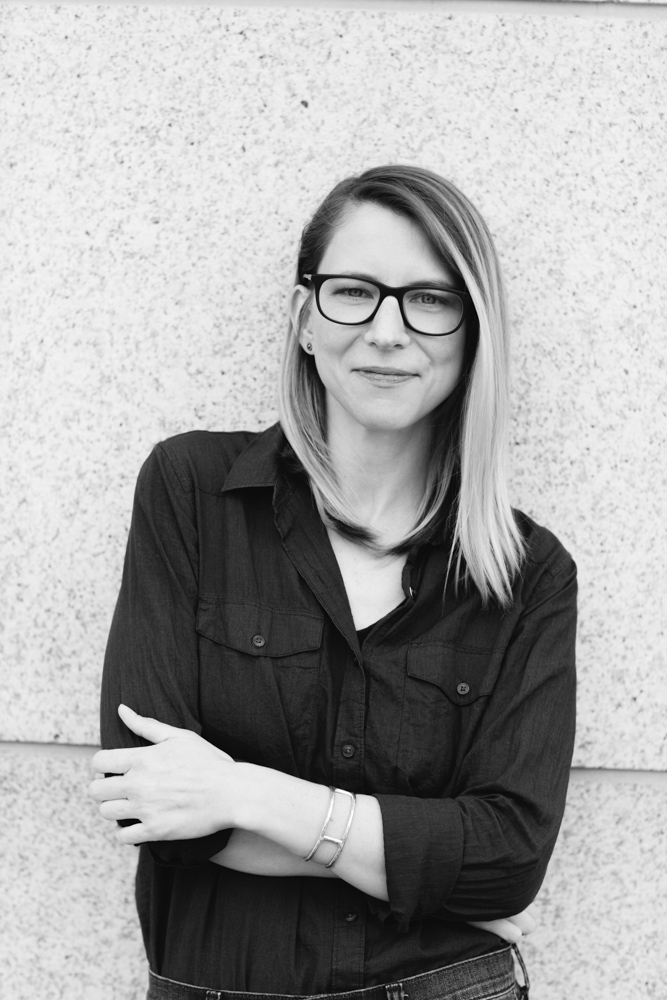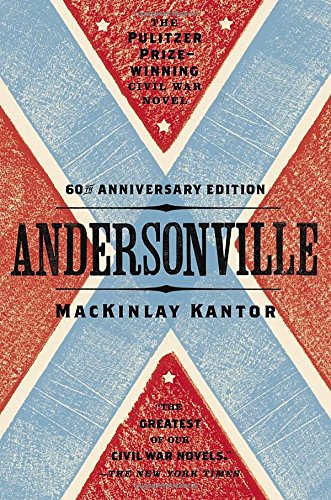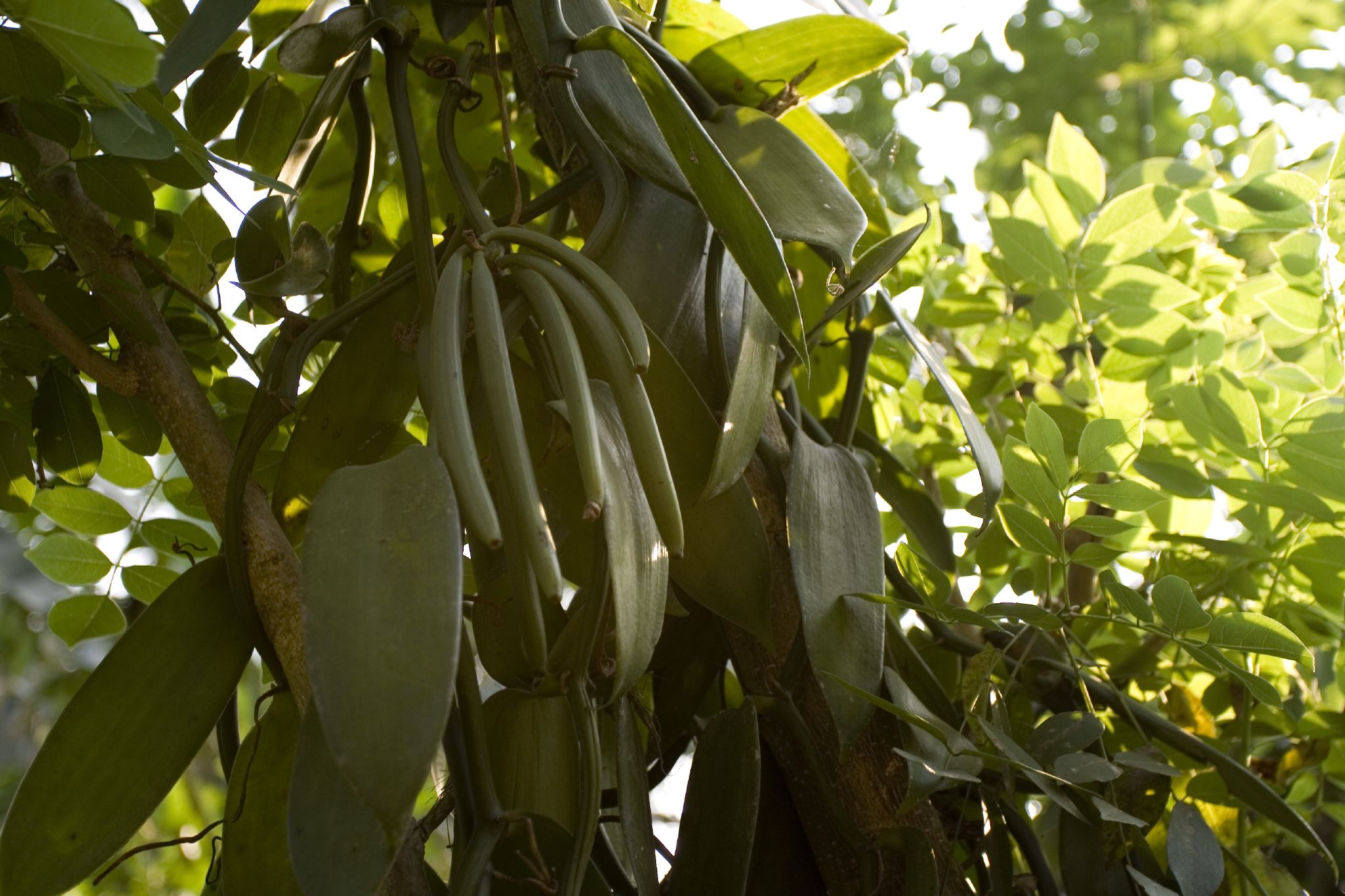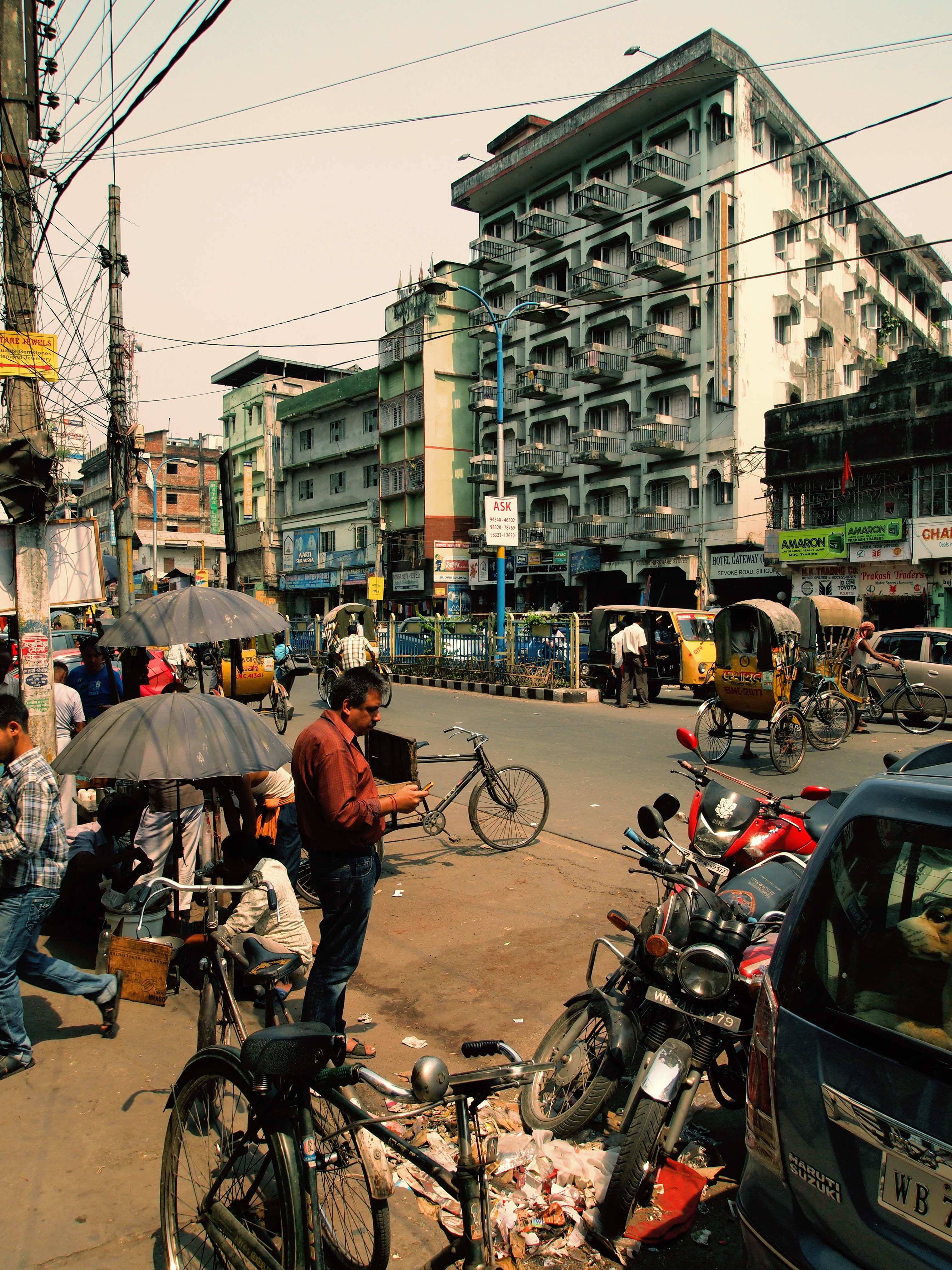ERIN EHSANI interviews MARGOT KAHN and KELLY MCMASTERS


Margot Kahn and Kelly McMasters have each been described as landscape writers. Kahn mapped the American West in the biography Horses that Buck and McMasters’ memoir, Welcome to Shirley, grappled with a hometown that was as dangerous as it was idyllic. In subsequent work, both writers found themselves writing and thinking about the places harder to locate on a map and much harder still to define: home. Kahn and McMasters are the editors of the recently published This Is the Place: women writing about home, featuring essays by thirty women writers who explore the complex and messy business of making, being, and leaving—or sometimes escaping—home.















